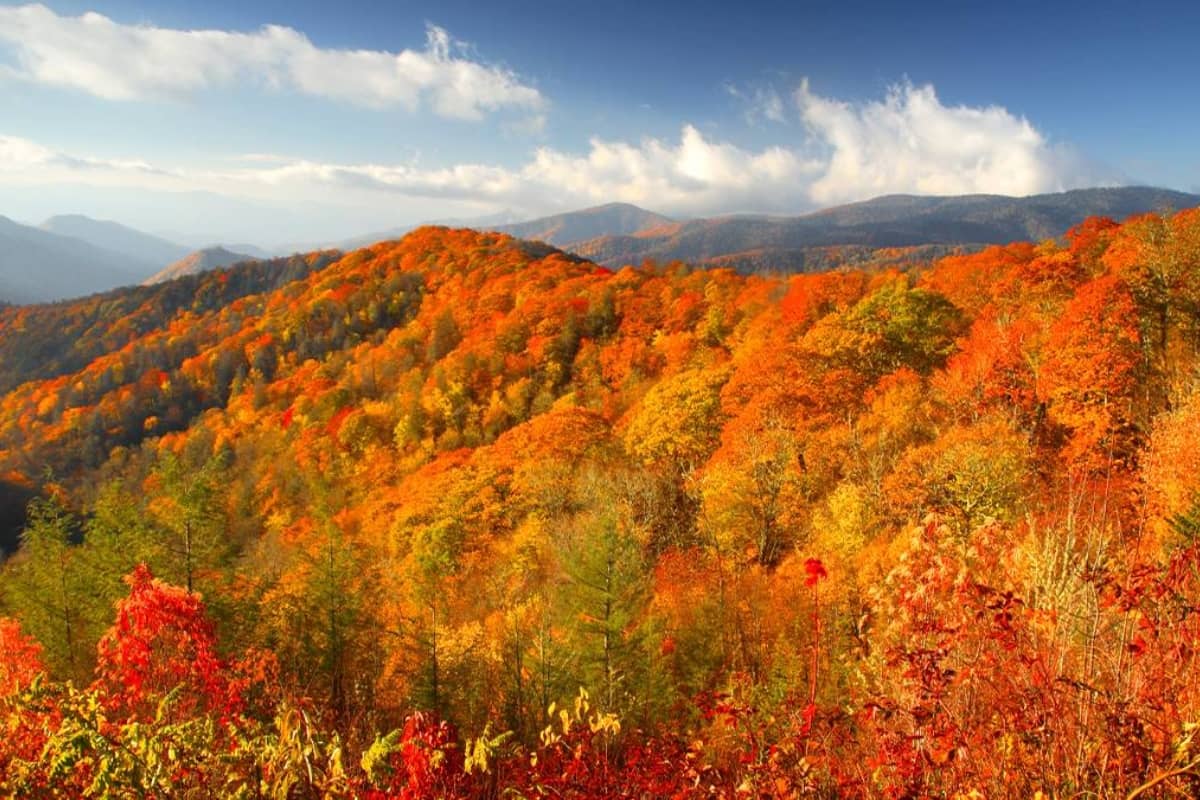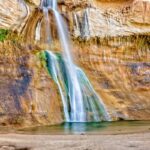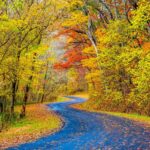The Smoky Mountains National Park is one of America’s most beloved destinations, especially in the fall when the foliage turns vibrant shades of red, orange, and yellow. However, the increase in visitors during this season also attracts a less welcome group: scammers. These con artists prey on unsuspecting tourists, taking advantage of their excitement and unfamiliarity with the area. To help you avoid falling victim to these scams, we’ve compiled a detailed guide on the four most common scams targeting fall tourists in the Smoky Mountains National Park.
1. Fake Cabin Rental Scams
One of the most prevalent scams in the Smoky Mountains region involves fake cabin rentals. As the popularity of vacation rental platforms like Airbnb and Vrbo has soared, so too have the number of fraudulent listings. Scammers create fake listings for cabins or vacation homes, often using photos stolen from legitimate websites. These listings frequently boast picturesque views, luxurious amenities, and, most importantly, attractively low prices designed to lure in budget-conscious travelers.
The scam typically begins when a tourist, browsing through rental options, stumbles upon what seems like a perfect cabin. The photos look stunning, the description is enticing, and the price is unbeatable. The scammer, posing as the property owner or manager, responds quickly to inquiries, often requesting payment upfront via wire transfer, prepaid debit card, or another untraceable method. Once the payment is made, the scammer vanishes, leaving the tourist with no reservation and no way to recover their money.
How to Protect Yourself:
- Research the Property: Before booking, conduct a reverse image search of the property’s photos to see if they appear on other websites. If you find the same images linked to different locations, it’s a red flag.
- Verify the Listing: Contact the property owner directly through the rental platform’s messaging system. Be wary if they try to move the conversation off the platform or ask for payment outside of the official site.
- Read Reviews: Genuine properties usually have multiple reviews from previous guests. If a listing has no reviews or seems too new, proceed with caution.
- Use Secure Payment Methods: Always use the payment methods provided by the rental platform. These methods offer some level of protection and recourse if something goes wrong.
2. Parking Lot Scams
Another common scam targeting tourists in the Smoky Mountains revolves around parking. With the influx of visitors during the fall, parking can become scarce near popular trails and viewpoints. Scammers exploit this by posing as parking attendants at lots that are either free or have official, automated payment systems. These scammers often wear uniforms and set up makeshift signs, making them appear legitimate.
The scam works when tourists, eager to find parking, are directed into these lots by the fake attendants. The scammers then charge a parking fee, usually in cash, for what is actually free parking. Later, the unsuspecting tourists may return to find a ticket on their windshield or, worse, their car towed because they parked in a restricted area without proper authorization.
How to Protect Yourself:
- Know the Official Parking Areas: Familiarize yourself with the official parking areas in the park. The National Park Service website and visitor centers provide accurate information on where parking is allowed and whether fees are required.
- Look for Signs: Legitimate parking lots will have official signage indicating payment methods. If you don’t see these signs, be suspicious.
- Avoid Cash Payments: If someone demands a cash payment, especially without giving you a receipt, it’s likely a scam. Always use official parking meters or apps where available.
3. Wildlife Encounter Scams
The Smoky Mountains are known for their diverse wildlife, and many visitors come hoping to catch a glimpse of bears, elk, or other native species. Scammers take advantage of this by posing as park rangers or wildlife experts offering guided tours or access to restricted areas for a fee. These scammers often claim to have insider knowledge that guarantees sightings of rare animals or promise access to secluded spots not open to the general public.
Tourists, eager for a unique experience, may pay for these “tours,” only to find that they’ve been led on a wild goose chase through non-scenic areas or, worse, taken on a dangerous, unauthorized trek. In some cases, these scammers disappear with the money before the tour even begins.
How to Protect Yourself:
- Stick to Official Tours: The National Park Service and reputable local companies offer official wildlife tours. These are not only safe but also led by knowledgeable guides who follow park regulations.
- Check Credentials: Legitimate park rangers and tour guides will have identification and will not ask for payments in cash. If someone claims to be an official but can’t produce ID, walk away.
- Be Skeptical of Guarantees: No one can guarantee a wildlife sighting, as animals move freely in the wild. Be wary of anyone making such promises.
4. Ticket and Permit Scams
During peak seasons like fall, access to certain areas of the Smoky Mountains National Park may require permits or passes. Scammers exploit this by selling fake or invalid tickets and permits, often at discounted rates. These scams typically occur online through unofficial websites, social media, or even in person near park entrances.
Tourists who purchase these fake tickets may not realize they’ve been scammed until they try to use them at the park entrance and are turned away. In some cases, they may be fined for attempting to enter without a valid permit.
How to Protect Yourself:
- Buy Directly from Official Sources: Always purchase tickets and permits directly from the National Park Service or other authorized vendors. Be cautious of third-party sellers, especially those offering deep discounts.
- Inspect Tickets Carefully: Official park tickets and permits have specific security features. If something looks off, such as blurry text or a lack of official logos, it might be fake.
- Avoid High-Pressure Sales Tactics: Scammers often use high-pressure tactics, urging you to buy quickly before tickets “sell out.” Take your time and verify the legitimacy of the offer.
Final Thoughts
The Smoky Mountains National Park is a breathtaking destination, especially in the fall, but it’s essential to stay vigilant against scams that can ruin your vacation. By being aware of these common tactics and taking precautions, you can enjoy the stunning scenery and outdoor adventures without falling victim to fraud. Remember, if something seems too good to be true, it probably is. Trust your instincts, do your research, and when in doubt, stick to official channels.






